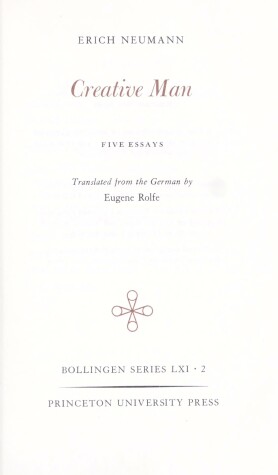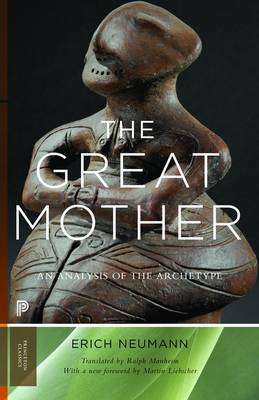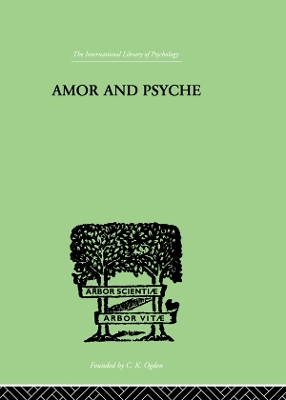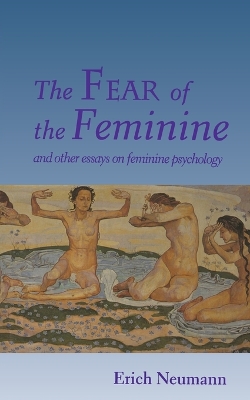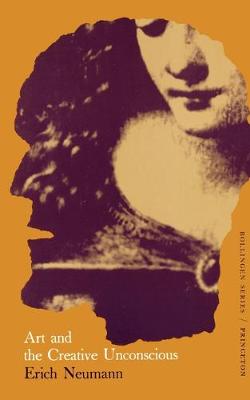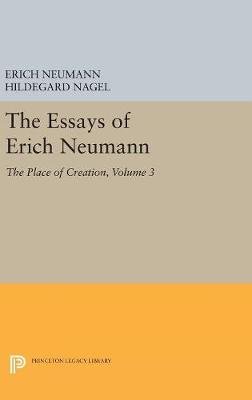Works by Erich Neumann
1 primary work • 8 total works
Book 2
This selection of essays by one of C. G. Jung's favorite and most creative students explores important connections between analytical psychology and the study of literature and art.
Originally published in 1979.
The Princeton Legacy Library uses the latest print-on-demand technology to again make available previously out-of-print books from the distinguished backlist of Princeton University Press. These editions preserve the original texts of these important books while presenting them in durable paperback and hardcover editions. The goal of the Princeton Legacy Library is to vastly increase access to the rich scholarly heritage found in the thousands of books published by Princeton University Press since its founding in 1905.
Neumann examines how the Feminine has been experienced and expressed in many cultures from prehistory to our own time. Appearing as goddess and demon, gate and pillar, garden and tree, hovering sky and containing vessel, the Feminine is seen as an essential factor in the dialectical relation of individual consciousness, symbolized by the child, to the ungraspable matrix, symbolized by the Great Mother.
The description for this book, Archetypal World of Henry Moore, will be forthcoming.
The six essays comprising this volume--"The Psyche and the Transformation of the Reality Planes," "The Experience of the Unitary Reality," "Creative Man and the 'Great Experience,'" "Man and Meaning," "Peace as the Symbol of Life," and "The Psyche as the Place of Creation"--all originated as lectures at the Eranos Conferences in the years 1952 to 1960. Originally published in 1989. The Princeton Legacy Library uses the latest print-on-demand technology to again make available previously out-of-print books from the distinguished backlist of Princeton University Press. These editions preserve the original texts of these important books while presenting them in durable paperback and hardcover editions. The goal of the Princeton Legacy Library is to vastly increase access to the rich scholarly heritage found in the thousands of books published by Princeton University Press since its founding in 1905.
